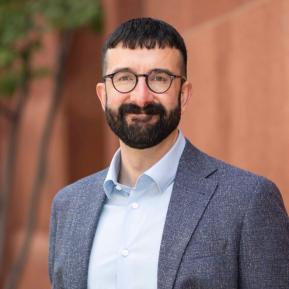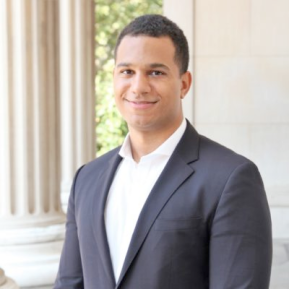Evaluating and Scaling Race-blind Charging
Mitigating bias in charging decisions with automated race redaction
A prosecutor’s decision to charge someone with a crime can have severe consequences for that person, their family, and their community. Unfortunately, despite these high stakes, there is evidence that charging decisions are racially biased, with Black, Hispanic, and other marginalized race and ethnic groups bearing the costs of this discrimination. As a result, it is critical that prosecutors make every effort to ensure that charging decisions are made impartially.
The Computational Policy Lab (CPL), a team of researchers at Harvard, Stanford, and NYU, designed a “blind charging” algorithm that automatically redacts race-related information from crime reports, mitigating the influence of racial bias on prosecutors’ charging decisions. After successfully piloting blind charging in two prosecutor's offices in California, state legislators mandated that all prosecutors across the state must implement race-blind charging by 2025. Alongside California's mandate, dozens of prosecutors across America have reached out to CPL, expressing interest in adopting blind charging in their own offices.
Working in partnership, this team will remove technological barriers to adoption so that blind charging can scale to meet these demands, including using large language models to accommodate redaction across a wide variety of writing styles. To evaluate the impacts of blind charging, the team will also run a randomized controlled trial (RCT) with up to a dozen prosecutors’ offices across the country. This evaluation will study how blind charging affects marginalized individuals and their communities, and will clarify whether blind charging causes any unintended adverse impacts. Alongside this RCT, the team will also survey changes in perceptions of procedural justice.
This project will be facilitated by several important partnerships. The researchers will work with software vendors that run the country's most popular case management systems. These vendors have agreed to make blind charging available to their customers at no additional cost. The team will also seek out the perspective of justice-involved individuals, including through paid internships that build critical work experience for people who are launching careers in tech after time in prison.

Faculty Co-Director, Computational Policy Lab

Partner , Computational Policy Lab

Founder , Computational Policy Lab

Lead Engineer, Computational Policy Lab

Professor, Law

Professor, Public Policy, Harvard Kennedy School of Government

Executive Director, Computational Policy Lab

Researcher , Computational Policy Lab
Related Links
- Seven Months In, Race-Blind Charging Faces Test In Calif. [Law360, July 2025]
- California Prosecutors Must be ‘Race Blind’ When Charging [The San Francisco Chronicle, February 2025]
- Yolo County Launches Race-Blind Charging Program To Remove Biases From Criminal Justice System [CBS News, September 2021]








